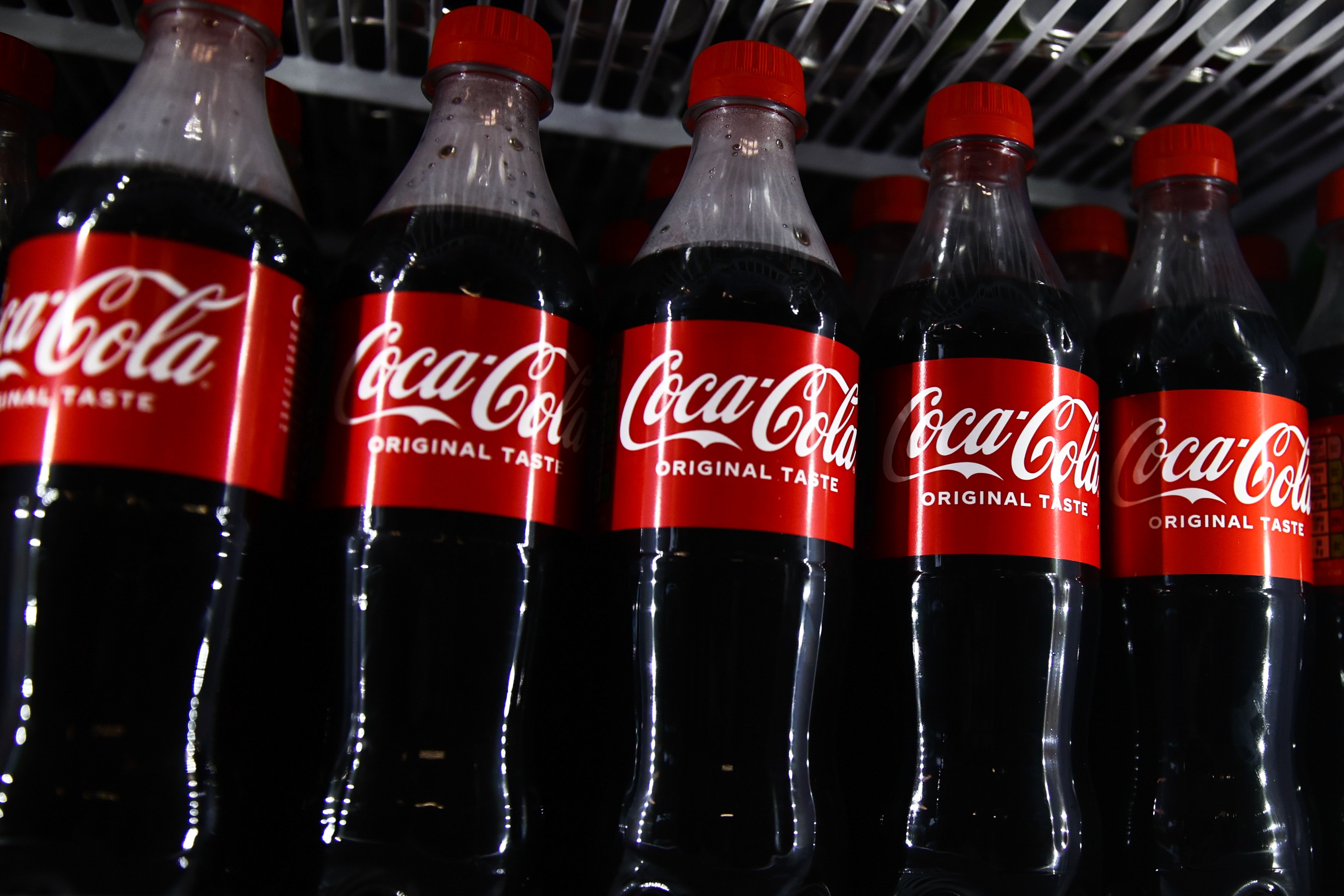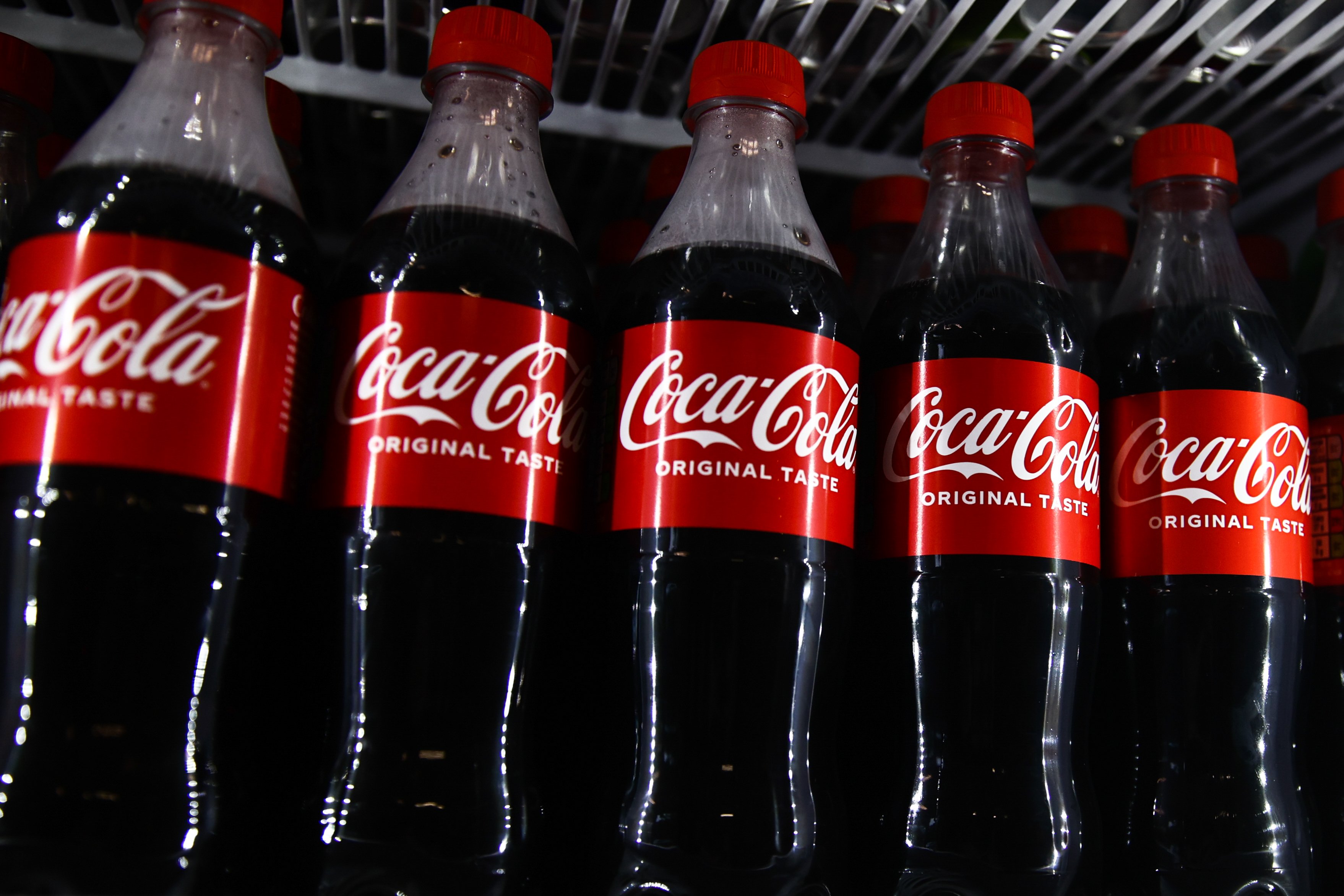Considering the impact the artificial sweetener aspartame is having on the results of beverage makers like Coca-Cola (KO 0.09%) and PepsiCo (PEP 0.17%), it's logical to ask how long it will be before they drop it from their formulations.
Coke has already taken a rear-guard action by running ads saying you needn't fear the sweetener. Nonetheless, the reality is that sales of diet sodas are falling at an alarming rate, and analysts anticipate the decline will accelerate such that volumes could wither by as much as a fifth by 2020.

Source: Coca-Colalife.com.ar
Beverage Daily reports that the latest data from Nielsen reveals Coke, Pepsi, and Dr Pepper Snapple (DPS +0.00%) sustained a 7% drop in year-to-date unit sales of diet carbonated drinks, with Pepsi the weakest link as it witnessed a greater than 8% drop year over year. That only confirms an overall trend highlighted by Wells Fargo analysts, who foresee consumers moving away from diet drinks in greater numbers by the end of the decade.
Although Coca-Cola is perhaps best positioned for the flight because of its broad geographic spread, falling sales could lead to weak pricing in which none of majors benefit. In quarterly results released yesterday morning, though, Coke said it saw sequential improvement in a number of brands, including Diet Coke, but with overall volumes remaining flat for the quarter.
The situation would also suggest that billionaire investor Nelson Peltz is right that for Pepsi to turn around its long-running anemic performance issues, the company should divest its beverage business and focus on snacks, which market researchers contend has a long runway before it yet.
While Dr Pepper finds itself in the middle of the road between the extremes of Coke and Pepsi, as the saying goes, the only thing you find in the middle of the road is dead squirrels. Dr Pepper may not have the same exposure to the diet drinks market its larger brethren do, but its big push into low-cal drinks, with the TEN branding effort surrounding beverages with 10 "manly" calories, has not been living up to expectations.
Its Sunkist brand volumes dropped 8%, 7UP was down 7%, and A&W was off 2%, though Canada Dry jumped 7%. But that was the only bright spot as a number of other brands were down by double-digit percentages.
Although carbonated beverages have been in decline for some time, the pace has quickened; analysts think it may have a lot to do with increased awareness among consumers over the potential risks associated with aspartame use. The FDA may say the sweetener is safe for human consumption without risk of side effects, but an opinion piece about a Purdue University study on the negative health effects of artificial sweeteners is having a much bigger impact than thought.
Even with Coke pushing rebuttal ads of sorts defending aspartame, it's also running double-time to develop all-natural sweeteners like stevia to address the public's concerns. It's testing out a stevia-flavored beverage in Argentina to see how it plays, but that may not be enough to turn the tide. According to surveys by Datamonitor, more than half of all Americans plan to cut out or cut back low-calorie sweeteners, regardless of whence they're derived.
Indeed, they just might be turning to water, tea, and energy drinks, which might help explain why Pepsi decided to introduce a new water beverage in an already saturated market. Monster Beverage was certainly a beneficiary, with sales surging 10% in the 13-week period ending July 27, beating out Red Bull, which rose less than 7%, and Rockstar, which tumbled 8%. The worst performer was 5-hour Energy, as it dropped almost 9% in the period.
It might not be a wholesale move into energy drinks, but really a race toward just the biggest names in the business. Regardless, it is coming at the expense of soda manufacturers, and their reliance upon and advocacy for artificial sweeteners like aspartame may have ultimately popped their bubble with the drinking public. Perhaps not even eliminating the sweetener from the recipe altogether will be enough to put the fizz back into soda's sales.







